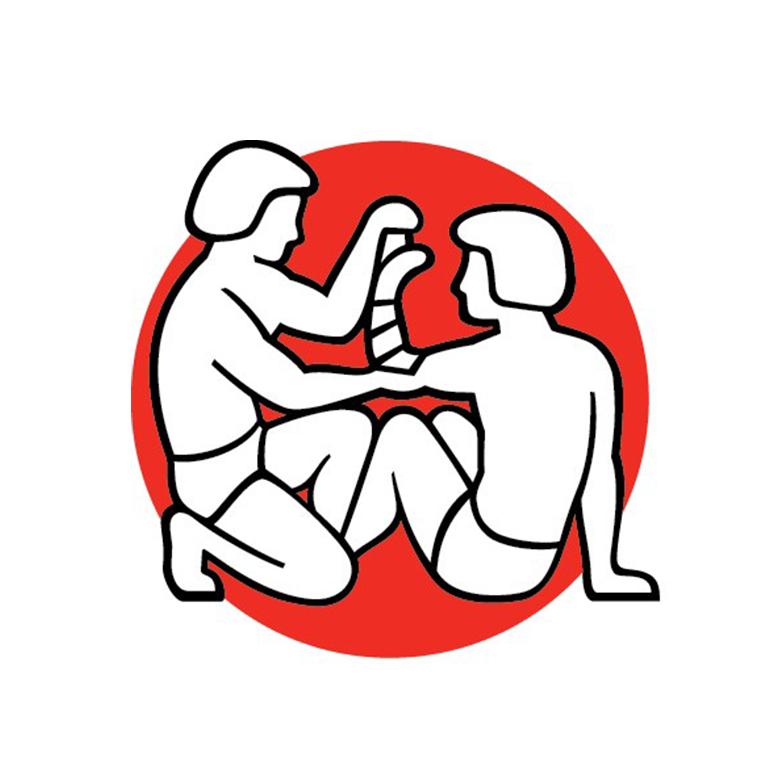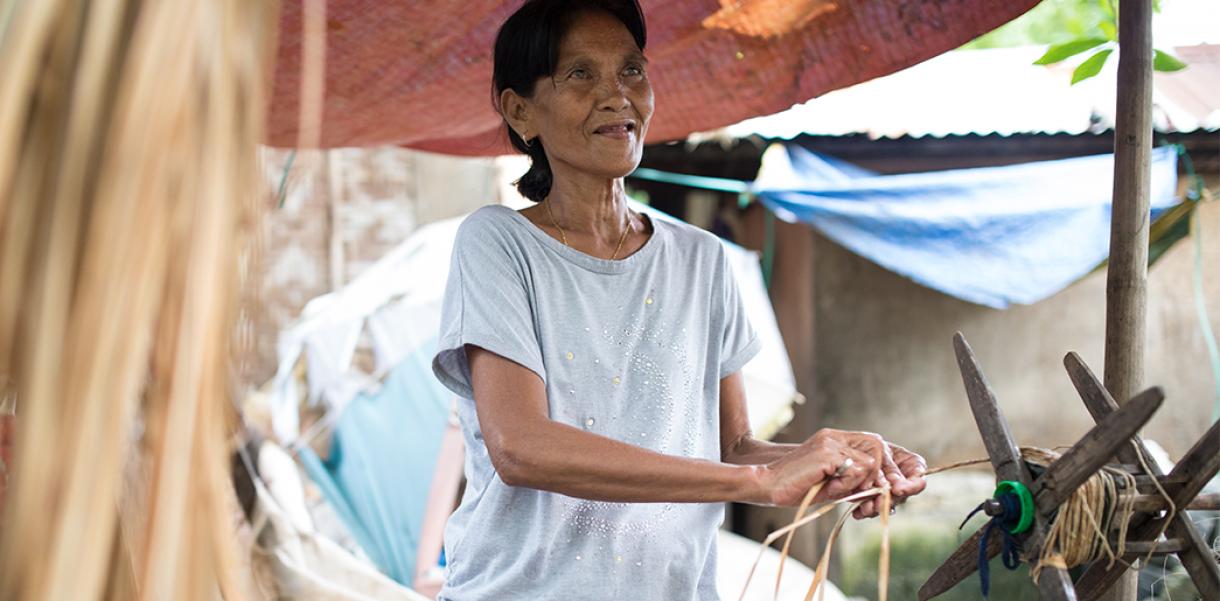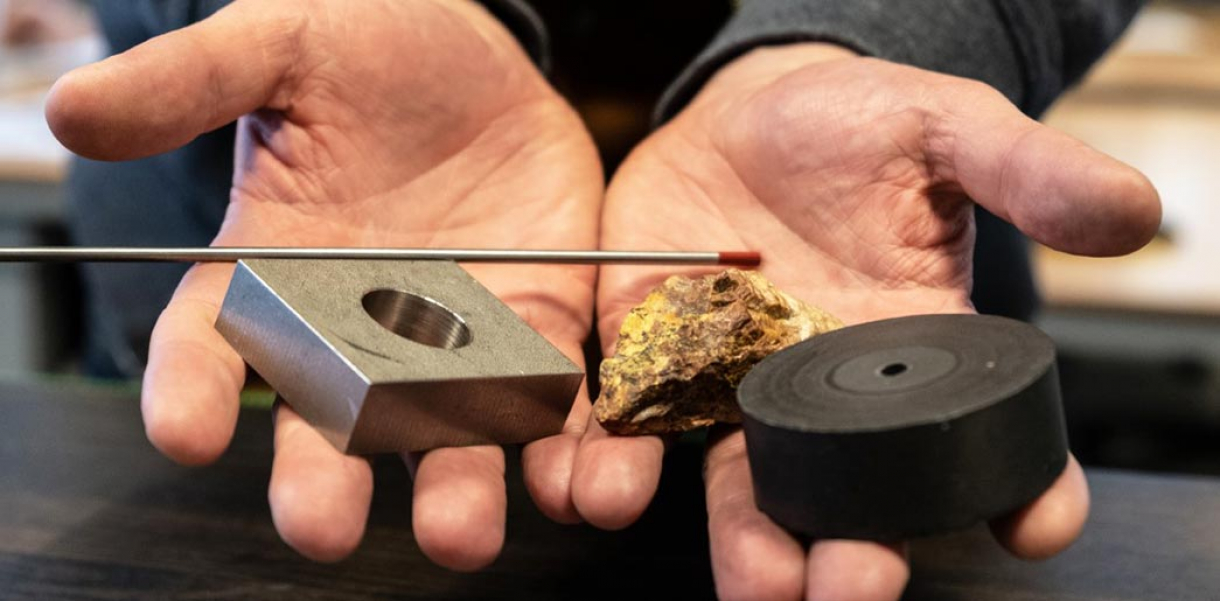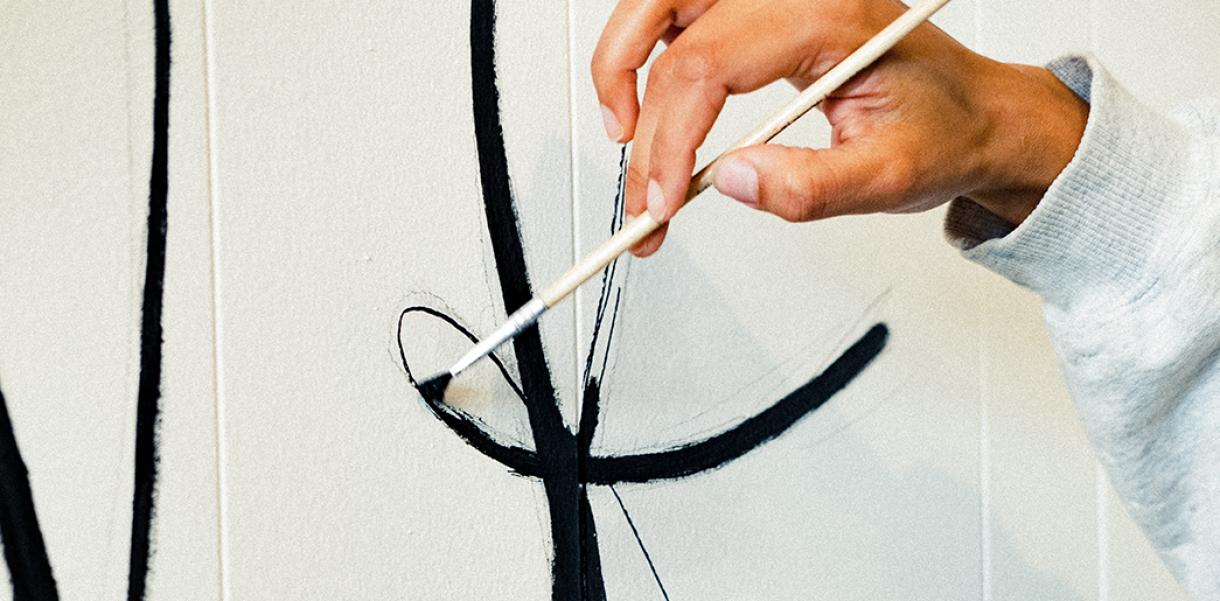
Kiva came to life by a simple but powerful thought: Dreams are universal, but opportunities are not. All over the world, people are struggling to get an education, start a business or even provide the most basic amenities to their families.
Making donations is an obvious choice for people with the means to help. But San Francisco-based company Kiva has a different proposition: Instead of being a donor, why not be a business partner?
”Kiva is focused on giving people agency and choice through financial empowerment: we do this through loans,” says Kiva’s Head of Design, Olly Farshi. To avoid the power imbalance that comes with donating, Kiva aims to create a more equal relationship between lender and borrower.
Kiva.org launched in 2005 as a place for lenders to search for people and causes they’d feel passionate about supporting. Simultaneously, borrowers could apply for loans through the site or Kiva’s on-the-ground field partners would scout and help potential borrowers join the platform. “But, Kiva is about people first,” Farshi emphasises. “Loans are just vehicles for doing good — it's about doing good first.”
Saying the platform became popular fast is an understatement. Just two years after launch, Kiva accumulated over 130,000 lenders from 129 different countries, in 2009, they’d funded nearly 300,000 borrowers, and in 13 years, they went from having gathered $1M in loans to women to hitting $1B.
The numeric milestones Kiva has achieved over the years continue to impress. In 2012, they’d funded half a million borrowers and two years later that number had tripled. In 2015, they had 1.4 million lenders who had funded 1 million loans. And in 2020, they’ve raised over $70 million to help 70,000 people affected by the pandemic.
"Kiva is about people first... Loans are just vehicles for doing good — it's about doing good first.”
Farshi himself has been a Kiva lender for more than ten years and personally experienced the impact Kiva has on its borrowers. “During lockdown in 2020, I decided to support more local businesses,” he explains. “I went to this pie shop in Oakland, California and started talking to the owner. When I told her, I worked for a non-profit called Kiva, she said ‘Oh, I know Kiva!’”
Speaking to the owner of the pie shop, Farshi learned the shop had been funded through a Kiva loan within just 45 minutes of being placed on the website. “It was amazing for me that I was at this business I’d like to support and it turned out their story was so deeply intertwined with Kiva.”
Today, 11 years after taking home an Index Award 2009 win, Kiva is expanding its financial empowerment initiatives. They’re working to give unbanked people a digital identity, under the Kiva Protocol; conduct more research on social impact measurement through Kiva Labs; and with Kiva Capital, get more established investors and financial institutions on board.
"Financial independence and financial empowerment are ways of [...] bringing opportunity, financial and social mobility to people."
And, of course, the platform design is fundamental to improving Kiva’s accessibility and success with users. “People love Kiva and feel really good about it,” Farshi says. “But when you look at the design: the visual design, the language, the experience, we're not there yet. That’s why we're going through a massive change to update all of the ways we talk Kiva — we want to make this about people and about doing good, rather than just about loans.”
Farshi has dedicated his design career to reducing human suffering, he explains. He’s previously worked with Google on tailoring search results for people facing natural disasters and designed a platform for finding people missing in the Nepal earthquake in 2015. To him, the mission of design to improve life coincides with his and Kiva’s.
“I want to help people who are the most vulnerable and Kiva is a huge part of that,” he says. “Financial independence and financial empowerment are ways of alleviating a certain amount of suffering and bringing opportunity, financial and social mobility to people.”
-
The Impact Story series features past Index Award alumni journeys and is proudly sponsored by Laerdal Global Health, winners of Index Award 2013 for The Natalie Collection.




